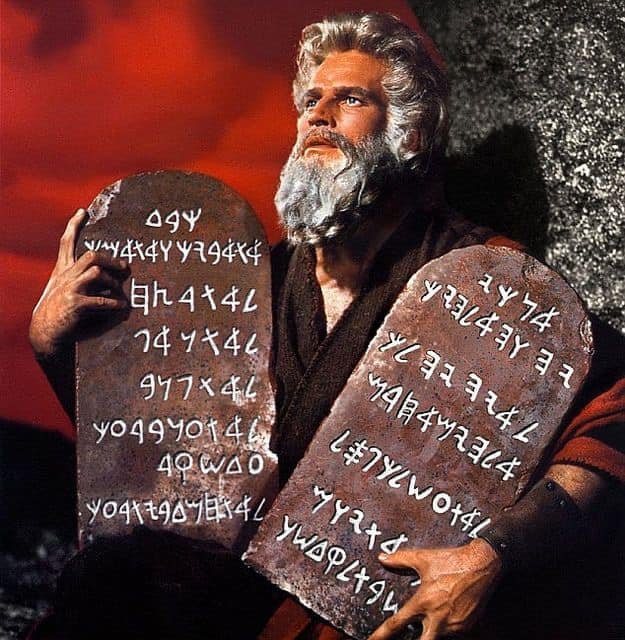Don’t Pass me Over: A matzah Recipe
I’ve never been particularly religious. Although I will say in the here and now, I am Jewish. I talked about it a lot in past interviews, that my work has heavily been influenced by Jewish burial traditions, and when people asked if they idea of not embalming could ever “catch on” I had to really stop myself from going off on an, “embalming is a myopic U.S. view of death where we can only conceptualize our rituals through the lens of Christianity.” So, while I’ve always floated in a Jew’ish area, I officially converted a little after October 7th after four years of studying. And boy, can I tell you, nothing makes you think about how we choose to identify like finishing up conversion work right after a horrific massacre, and then watching six months of a heartbreaking war unfold.
This essay isn’t about the war.
In the very first weeks there was an immense pressure for anyone online to comment and speak out, and I did despite the fact that it could have made things very uncomfortable for me at work. A fact that 99% of the people who said I had to post were completely unaware of that situation. I made my thoughts known and I got blow back from each side. Pause for shock.
I won’t say I have gone back to normal posting since then. I mean, I really haven’t been the same since COVID. Now, I measure my words with the precision of a master baker. The authenticity and love is there, but the product, it’s uniform. It’s devoid of a personality that made me, me. Too much has happened. Too much has happened in the world, and to be frank, too many of the people I love have broken my heart in so many different ways.
I have already bounced back from so much in my life. I just don’t have those threads left.
I am overproofed.
I have collapsed, in the metaphorical heat of politics and our literal oven that is the LA basin.
And that sad sack of a dense flour is a great metaphor to lead into today’s recipe and theme. Passover.
Let’s start with the story of Passover. A nice little place in religion and history where Jews and Christians meet up and generally seem to agree on how things went down.
However, if you weren’t forced to watch Charlton Heston play Moses every single year, and thus you don’t know the story of Passover, let me give you the rundown.
Passover, or Pesach in Hebrew, is a significant Jewish holiday that commemorates the liberation of the Israelites from Egyptian slavery, as recounted in the Book of Exodus.
According to the story, the Israelites were enslaved in Egypt for several hundred years. God appeared to Moses in the form of a burning bush and commanded him to go to Pharaoh and demand the freedom of the Israelites. When Pharaoh refused, God inflicted ten devastating plagues upon the Egyptians. The final plague was the death of every firstborn son in Egypt.
To protect themselves, the Israelites were instructed by God to mark their doors with the blood of a slaughtered lamb so that the angel of death would "pass over" their homes and spare their firstborn. This is the origin of the holiday's name, Passover.
After this final plague, Pharaoh relented and released the Israelites from Egypt. Packing and gathering what they could in a haste that they did not have time to let their bread dough rise, resulting in matzah, or unleavened bread, which is eaten during Passover to commemorate their rapid departure.
Passover is celebrated for seven or eight days (depending on the tradition), during which observant Jews avoid leavened bread and other fermented grain products to remember the hardships and the haste of the exodus from Egypt. The holiday is marked by the Seder meal, which includes reading the Haggadah (a text that retells the story of the Exodus), eating symbolic foods, and performing rituals designed to pass the story of liberation down through generations.
And that my friends is the story of Passover. Of course, I mentioned that this story is in the Book of Exodus, meaning a mass departure due to-well-lamentable circumstances. And so here we are friends, wandering the unforgiving wilderness. We are scattered as a people. All of us. Watching our brothers hold their dying children in their arms. And we are cast out. The sun beating us into the sands. Grit in our eyes. Carrying what is precious, our ideas and identities, that have up until now, served to make us who we are.
If time isn’t linear, then I can promise you this one thing.
We haven’t left the desert.
We never left.
I do not know were Sinai is. There is too much noise. And all the bushes are burning with the voice of a thousand false gods. Maybe the needle playing the record of our existence will get bumped back into place and we can follow the notes meant to guide us to safety and security. There are so many metaphors in human history and lore about being called, be it animal or mythical creature. It’s hard to not to apply it to our technological era and wonder who are our doves on the ocean. The sirens on the rocks in the sea.
Where is our modern Moses.
What is the divine fire. And what is a fire of our own making. Searing our hair. Scorching our palms. Keeping our mug of coffee warm while we sip, sigh, and say, “this is fine.”
Perhaps this is the time to reflect on Passover. You don’t have to be religious to think about what our written and treasured stories mean. Afterall, I am heavily influenced by Greek mythology and the lessons it teaches, but I don’t think Zeus and Hera are above us fighting, although stranger things have proven to be true.
And so I guess I will leave it here and remind you that Mortician in the Kitchen, isn’t kitsch. That’s why this account and website is doing soooooooo terribly. Ugh why couldn’t I just find a stupid easily digestible thing?! Like a thing where I could take a picture and people would be like, '“wow I immediately get this. I like it and want to share it and reward the algorithm!”
Nope this stupid stupid stupid account is like, hey what if I talked to you about death, dying, religion, and culture, and everything that makes us human, the things we love so much we’d fight, die, and kill for it, to retain our identity and security on the planet. And then like, what if I gave you a wittle cupcake recipe with it?!
So today. I ask you to think about our culture and identity. There is another topic here on Terror Management that actually explains a lot of this and I draw from it heavily as it lends a credibility to the notion that what I am saying is very much real and true.
I ask you to think about family. After all, was Moses not raised by Pharaoh’s daughter? And perhaps I ask you to think about the power of women. Since the analytics say that mostly “not cis men” read this.
It was Miriam who begged for her brother to be given a chance. Miriam who watched her brother float down the river to the arms of another woman. And another woman of power, who knowing that all male Hebrew babies should be cast into the Nile, saw a baby in a basket and thought, I am going to keep this one. It was women who fought back against the first decree to kill all Hebrew babies. It was a little girl who placed Moses in a basket. It was a woman on the other side of the river who saved that baby and thus all Israelites. Nevermind that God later punishes Miriam for questioning his authority, which can pose another question about women and their place in religion and leadership, but also can be used as a lesson for extending kindness to women who are seen to be outsiders. Ugh so much to unpack in that story, and like come on Miriam!
Anyways, ladies. Any ideas on how we can save the world? The bar is super low here and I think if we can tune out and ignore the chatter online meant to drain us, we could like, maybe do something?
Usually I have a poetic last line. But today I’ve got nothing. I just have myself. A feeling that I have lost the time I needed to rise up. And a delicious piece of bread, that I have never in my life, related more to until today.

Homemade Matzah
Ingredients
Instructions
- Heat oven to 500°F and set an oven rack in the middle position.
- Put the flour, salt and olive oil in the bowl of a food processor fitted with the steel blade. Once the food processor is on, add the water.
- Continue to run the food processor until dough forms a rough ball, rides around on the blade and is not at all sticky, about 90 seconds.
- Place the dough on a clean spot on your kitchen counter. Cut the dough into 12 small balls — this is easiest if you cut the ball in half, then in half again, then into thirds.
- On a lightly-floured surface, use your hand to flatten each ball into a 3-inch patty. Use a rolling pin to roll each patty into a 6- to 8-inch circle. The shapes can be irregular, but the dough should be so thin you can almost see through it. (It's good to turn the dough a few times as you roll to prevent sticking, but you don't need to worry about it too much as the dough is easy to peel of the counter.)
- Put a few pieces of the rolled out dough on a 13 x 18-inch baking sheet (I can usually fit 3). Prick the dough all over with a fork (this keeps it from puffing up too much).
- Bake for 2 to 4 minutes, keeping a very close eye on them, until they are golden and puffed in spots. Flip the matzos over and cook for 1 to 2 minutes more on the second side, until golden. Repeat with all the dough and let cool completely. Store in an air-tight container for up to 2 days.
- Note: Homemade matzo is not kosher for Passover, so observant Jews might try this recipe outside of the Passover holiday.


